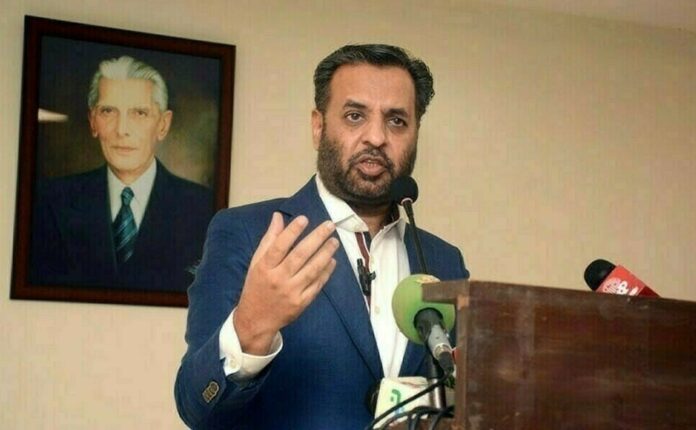PUNE – The Serum Institute of India aims to significantly increase supplies of its human papillomavirus (HPV) vaccine as it prepares to provide injections to the government at cheaper rates for this year’s immunization campaign against the cancer-causing virus.
Adar Poonawalla, chief executive of the world’s largest vaccine maker by number of doses, told Reuters he expected the vaccine to be part of the government’s program by the end of the year.
The vaccine, which is currently available on the private market for 2,000 rupees ($24.13), is India’s first injection against HPV, which plays a role in the majority of cervical cancers worldwide.
“Our capacity at the moment is only a few million doses, but the demand is endless. If we launched 50 million doses in India, they would be sold out, both in the private market and in the government procurement program,” Poonawalla said. .
The government is set to administer the HPV vaccine to girls between the ages of nine and 14 as part of a campaign to fight cervical cancer, the second most common type of cancer among women in India.
There is no contract yet with the government, Poonawalla said, adding that he expects the authorities to procure 40-50 million rations initially through a tender in December.
Also read: Spain’s Catalonia hands out free reusable menstruation products
Other HPV vaccine makers include Merck & Co and GSK Plc, which could also bid for government contracts.
“It’s still a little early to tell, but we’re ready and very committed to this product,” he said.
Poonawalla expects the vaccine to be “substantially, probably eight times cheaper” when he delivers it to the government.
Serum manufactures AstraZeneca’s COVID-19 vaccine under the brand name Covishield in India.
The company’s HPV facilities, which were used to make Covishield during the pandemic, are still not fully functional, which Serum says limits full capacity.
The company is in the process of applying for WHO prequalification, and Poonawalla expects to begin exporting HPV injections to other countries in 2026.







